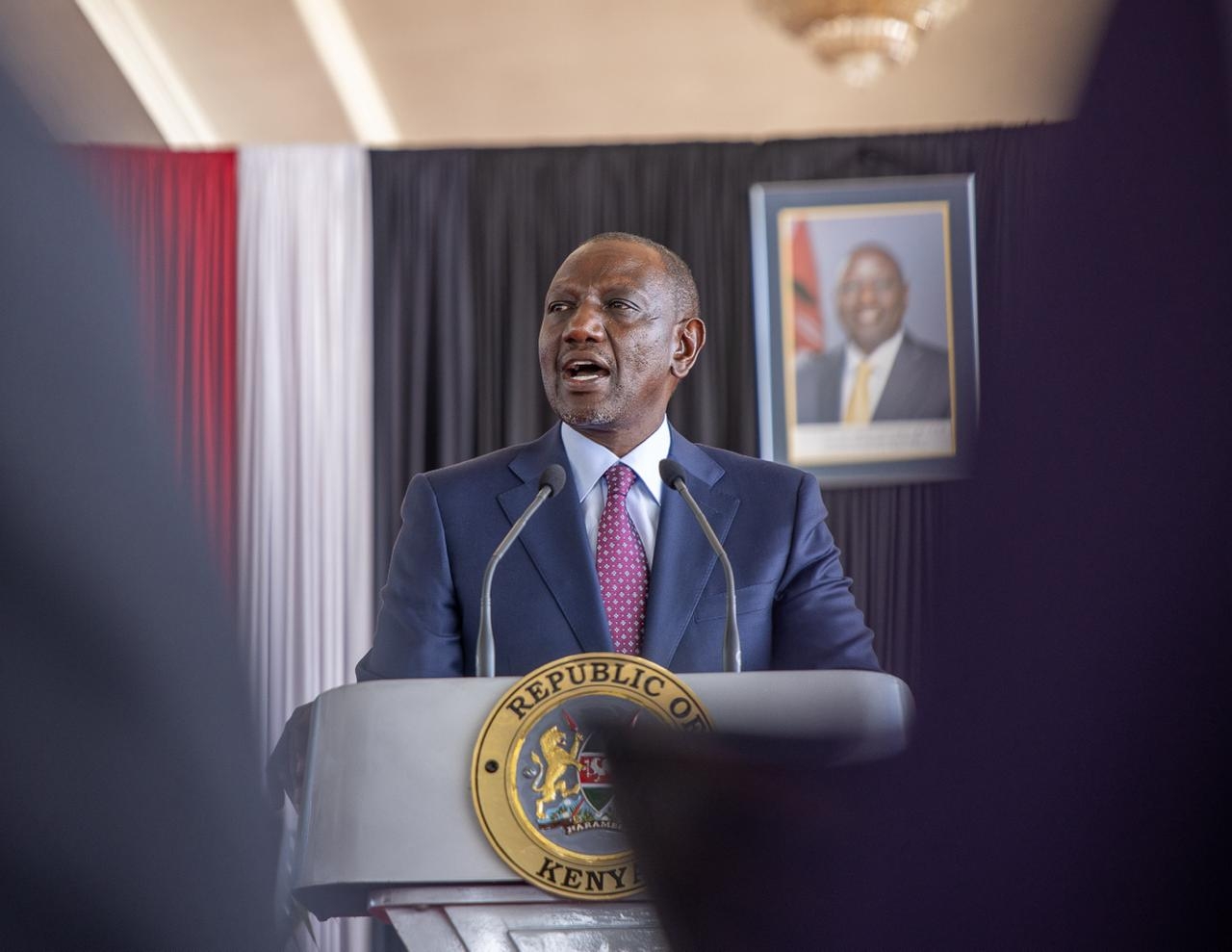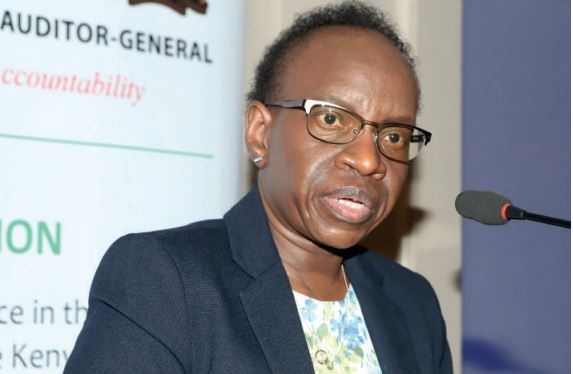
The Independent Police Oversight Authority (IPOA) has launched a Sh17
billion five-year strategic plan aimed at strengthening police accountability.
However, with only 21 per cent of the required
funding and operations limited to nine regions out of more than 3,000 police
facilities, IPOA admits that the plan’s success will depend heavily on adequate
resources.
The launch comes at a time of rising public demand for justice over cases of
police brutality.
This is IPOA’s third strategic plan. It sets out
to enhance accountability among police officers, rebuild public trust, and
boost confidence in both IPOA and the National Police Service (NPS).
Currently, the authority has just 289 staff
against an approved workforce of 1,377, barely 21 per cent of the number
required to oversee more than 130,000 police officers nationwide.
These limited personnel are spread across nine regional offices, far below
the 3,000 police facilities in 1,450 wards that IPOA is mandated to cover.
Chairman Isaak Hassan said the authority has
embedded strategies to address persistent issues such as disregard for human
rights standards, violations of the rule of law, and erosion of national values
and principles, factors that have undermined public trust in both the police
and IPOA.
“The Authority, during this strategic period,
will focus on five Key Results Areas: enhanced police accountability; improved
public trust and confidence in IPOA and NPS; stronger strategic partnerships
and engagement; strengthened institutional effectiveness and efficiency; and
improved data and knowledge management,” said Hassan.
He added that the strategic objectives provide
a roadmap for achieving policing standards as enshrined in the Constitution.
Implementation, resource mobilisation, and monitoring and evaluation
frameworks, he noted, will guide the achievement of set targets.
The authority requires Sh13.2 billion but has
so far been allocated Sh7.4 billion, leaving a funding gap of Sh5.8 billion, 44
per cent of the budget.
“This calls for sound resource mobilisation
strategies to bridge the gap,” Hassan said.















